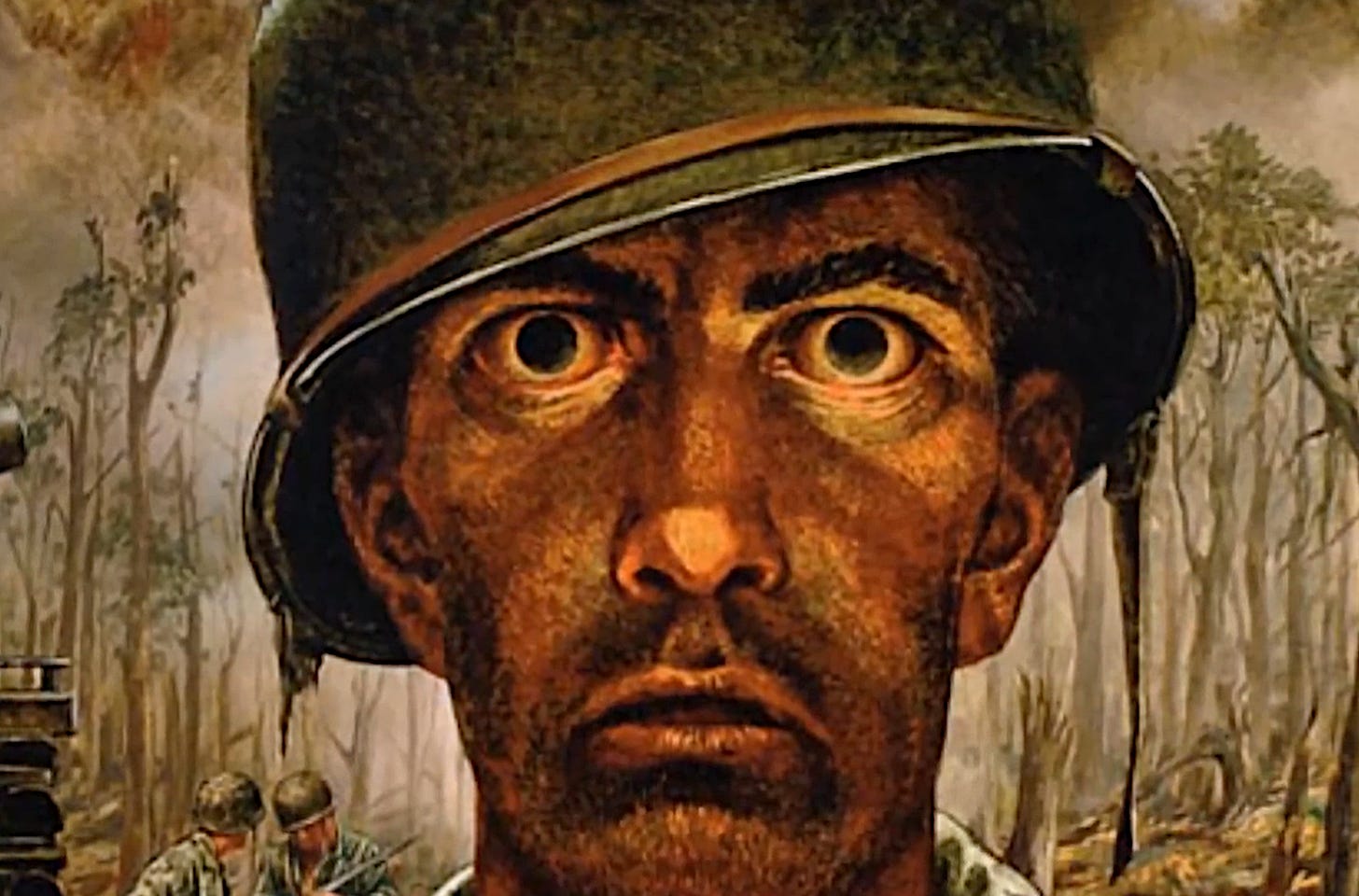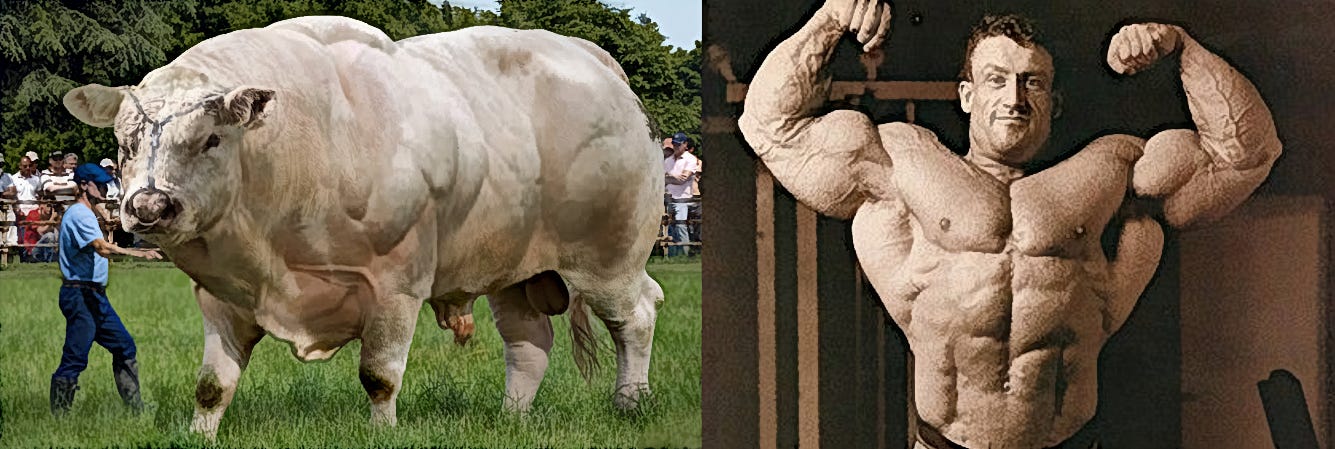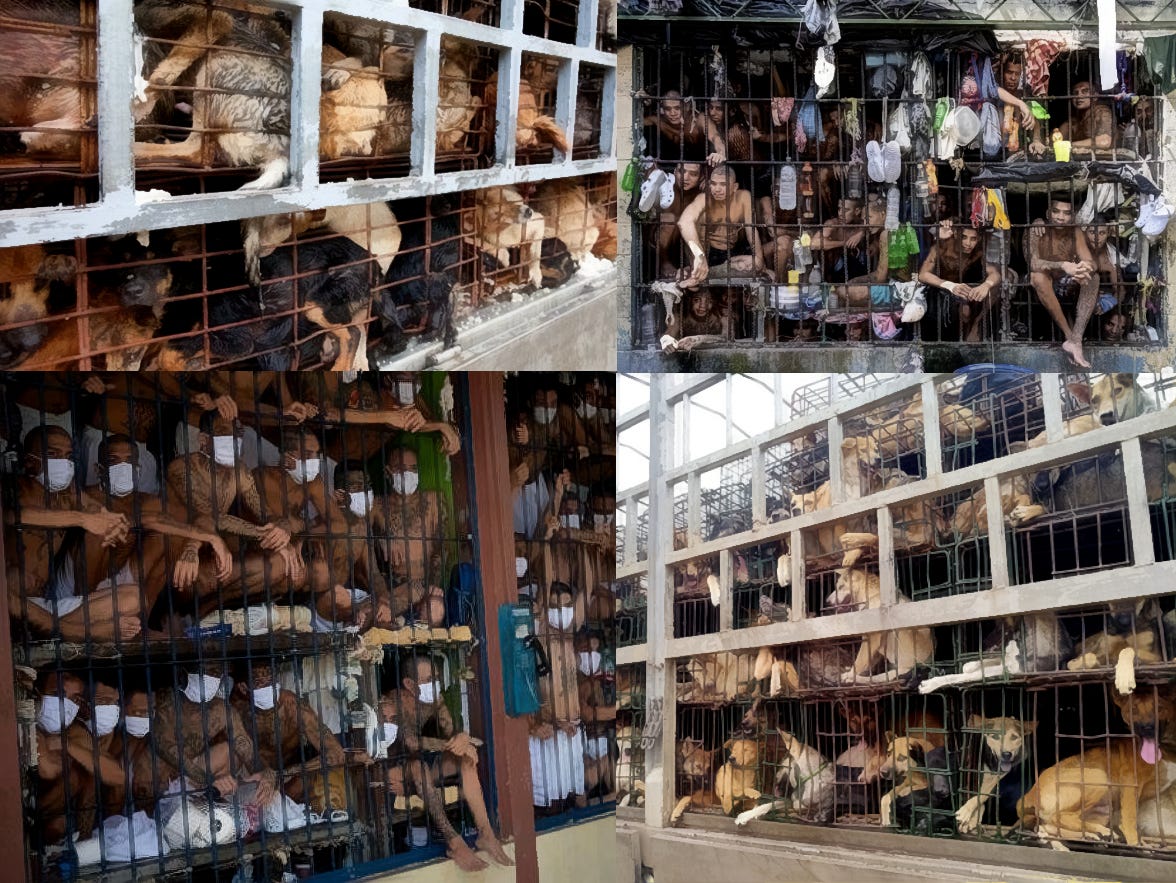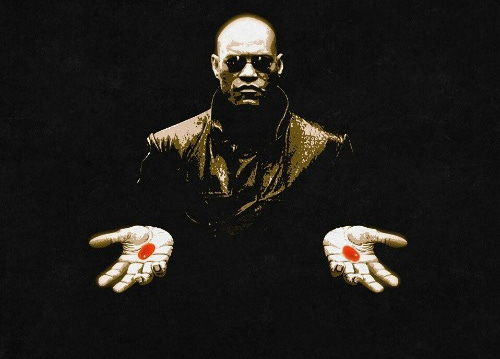B.I.O.P.O.L.I.T.I.C.S.
Biological information organization for policies concerning the optimization, legalization, and integration of terrestrial initiatives in cognitive systems
“Wake up, man. You always knew something was off. You just couldn’t articulate it. Or communicate it with China and India. Now we found each other. Now we talk.”—Sergeant Pip
HUMANS are a biological resource to be abused, tortured, exploited, then recycled into compost for the next human cycle. All humans are ends to this means: Biopolitics.
The duality of outer appearance and inner mind of the humans are not the result of arbitrary natural selection but of husbandry. We cultivated humans just like we cultivated jersey cattle or pomeranian dogs, with the not-so-secret recipe for the past one hundred thousand years being the breeding of tall, pale, intelligent children by pairing tall, pale, intelligent parents.
We then maximized their utility by putting the humans to good use in a designated environment to grow up in and work, which can be a coal miners’ town or a hillside with rice paddies or even upscale suburbia, but which for the purpose of this dissertation we shall call collectively the Human Condition.
And just like in farming new and old types of Hard Red Winter and weeds and trees and stonger cattle, we need to constantly settle new and old types of humans or move them around a bit and keep them exercised and in a can-do mood and inject them with all kinds of happy drugs and spray them with fertilizers.
The diet for Europe’s coal miners used to be heavy caloried beer and potato, stew and sugary sweets. Miners did not live past the age of fifty, but health insurance benefited their surviving housewives who raised the next line of miners. The ‘Ministries of Health and Labor and Family’ in each of our countries are effectively doing exactly what the ‘Ministries of Farming and Agriculture’ are doing: They are administrating the well-being of either livestock.
And just like the various dog breeds were created for a particular purpose or performative task—the responsible shepherds for looking after sheep, the loyal sausage dogs for prince Philip, the posh French toy poodle, the savage Staffordshire pitbull, the clever tv collie Lassie—so were the human breeds created for their character traits and social wan: the yesmen and grifters and stamp collectors, the teachers and preachers, the leaders of men, the prostitutes and scribblers and train watchers...
Talking about the human condition in this way is perhaps the greatest taboo of all. It is simply something that is, that exists, or that runs as a scheme in the background. Something that man has to put up with or that can never be challenged in order to protect the dignity of mothers.
A distinction had to be made over what could be done to animals and what should be done to humans, but such a distinction has always been crooked verbiage: We do treat humans like animals, perhaps like higher animals, but like animals nonetheless.
Hence the taboo. We may not like what is being done to the population but we do it—we have to do it, we shut up about it. It was never popular nor safe to discuss slave markets, sperm banks, abortion clinics, and the business with the orphans. It was outright dangerous to mention the abductors, the traffickers, the feeders, and the pleasure islands. And bringing up the gays, mass sterilization, and female egg trade isn’t a friendly subject either. The human farmers are invested in wars, genocides, and mass migration, and they are obsessed with race-mixing, body modifications, and biopolitics.
The punishment for breaking the taboo over the Human Condition was always greatest for those who could not hold back in their painful realization over unattainable goals: “I was BAD seed.”
The life a any single average human is cheap, very cheap, so cheap you wouldn’t believe it. And since humans resemble each other in their most basic physiology and range of variations, the slightest aberration from the norm can either lead to total collapse of one’s worth—say, if he was born of the height below five feet—or its opposite, the explosion of one’s desirability—say, if he grew over six feet five inches tall.
The highest thought-after human traits in any society are beauty, height, and intelligence. The premium traits are psychopathy (lack of moral restraints) and drive (to succeed), but only in leaders. In subordinates, the same traits turn them into criminals. For the subordinates the premium traits are loyalty and diligence, while the undesirable traits are aggressiveness and antisocial behavior, and so on. Sociology is a pretty straightforward science.
All our social institutions serve as the various compartments on the Human Farm: The sewer system or canalization as drainage, the food pyramid as quality potting mix, the health system as pest and disease control, the pharmacies as the providers of liquidized fertilizers, the third places such as bars and clubs as meeting hubs for germination, and our tiny rooms and social housing projects as seeding pots and barns.









